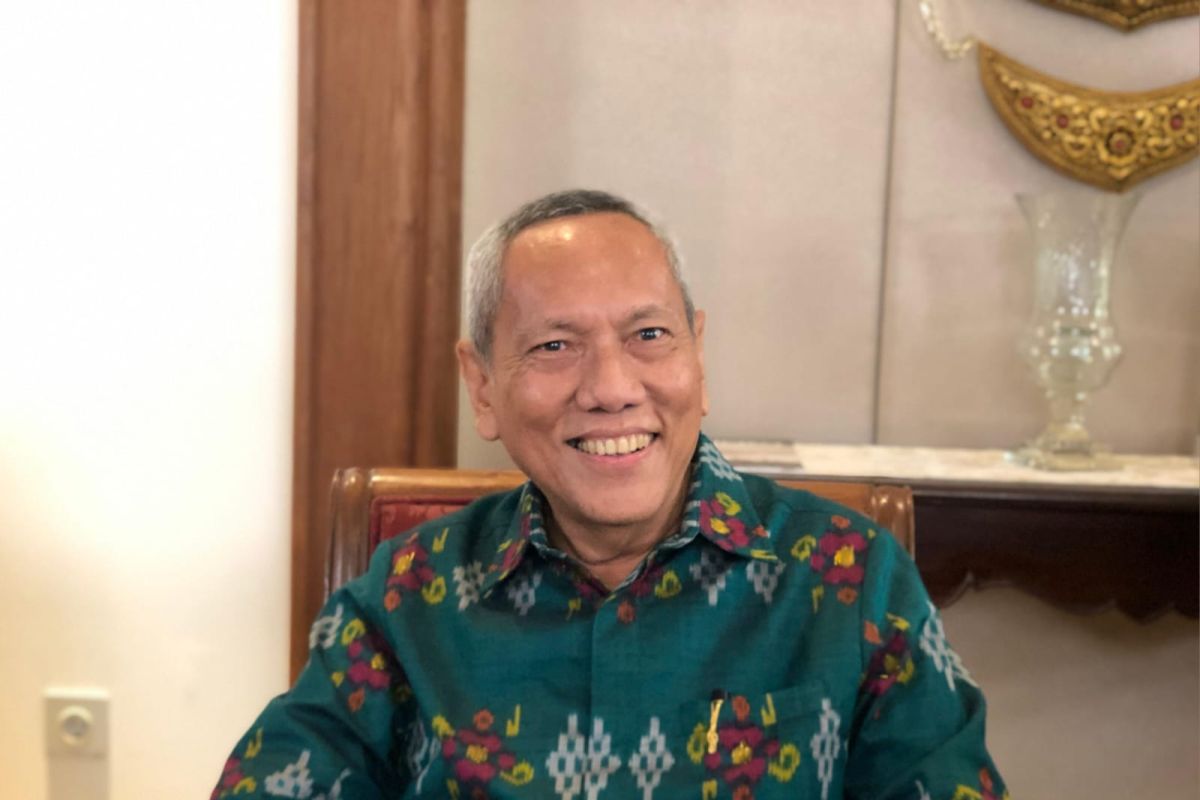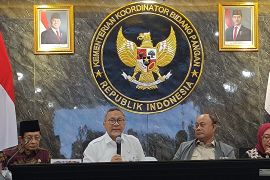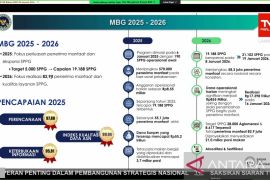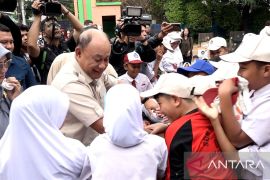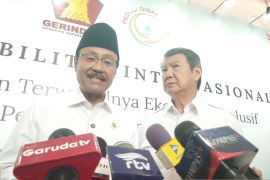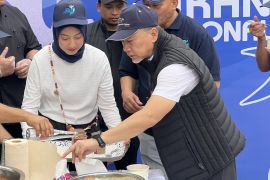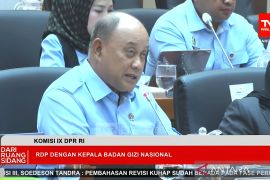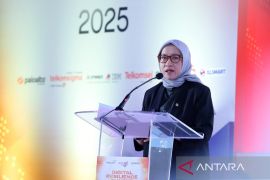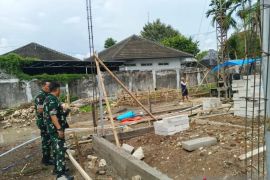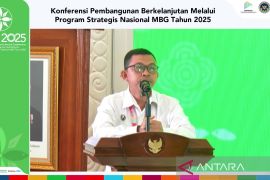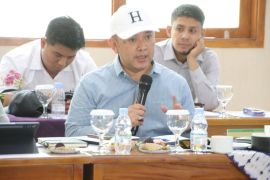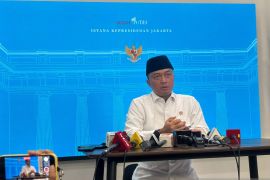Speaking in Jakarta on Friday, he said that the program, launched early this year, is now covering nearly seven million beneficiaries—higher than the total population of Singapore of around six million.
“Since the program has been running for half a year, it is a good time to evaluate it, and I’d like to offer four suggestions for its implementation,” he said.
First, Tjandra, who is an adjunct professor at Griffith University, emphasized the importance of evaluating MBG using the comprehensive School Nutrition Package Framework of the World Food Program.
As per that framework, school nutrition programs must have five key components: the provision of nutritious meals, nutrition education, supplementation, physical activity, and the creation of a school environment that supports healthy eating habits.
Second, the MBG’s strategic role in supporting the achievement of the Sustainable Development Goals (SDGs) needs to be examined, particularly its contribution in four main areas: poverty eradication, hunger elimination, improved health and well-being, and enhanced education quality.
Related news: Govt focusing on free meals, digital protection for children
Third, the program’s health aspects, particularly nutritional quality assurance and food safety, need to be appraised, Tjandra said.
He stressed the importance of using the Isi Piringku (My Plate) guideline for balanced nutrition, as well as the need for strict food safety standards from farm to plate, that is, across the entire food supply chain, starting from sourcing ingredients to serving meals to children.
Fourth, the program’s leadership and organizational management, which are critical success factors, must be delved into. This is especially important given the broad range of stakeholders involved— from national and regional authorities to field-level implementers.
Tjandra, who is also director of the Postgraduate School at YARSI University, noted that managing a program with millions of beneficiaries requires strong inter-sectoral coordination and professional governance.
“This is not only a beneficial program but also a noble one, so it must be carried out with dedication and sound management,” he said.
Related news: Free meals budget realization at Rp5 trillion: Finance Minister
Translator: Primayanti
Editor: Rahmad Nasution
Copyright © ANTARA 2025
